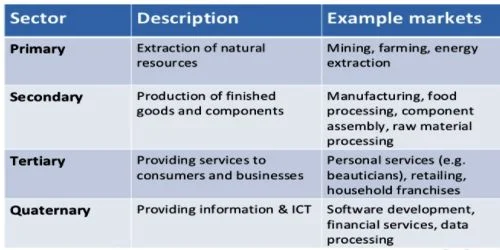Alright, buckle up, everyone. Because while some are whispering about an AI bubble bursting, I see something far more exciting on the horizon: a reckoning. A moment where the initial hype gives way to real, tangible progress. And honestly, that’s exactly what gets me out of bed in the morning.
We’ve all seen the headlines. "Is the trillion-dollar AI investment boom completely irrational?" asks NPR, quoting Google's Sundar Pichai admitting to "elements of irrationality." You can read more about this in The AI industry is booming. Is this massive bubble about to burst?. Sure, there's always going to be some hype. But let me tell you, dismissing this as just another bubble is like saying the invention of the printing press was just a fad. It misses the entire point.
Beyond the Hype: Real-World Transformation
What's happening now isn't just about stock prices or quarterly earnings. It's about laying the foundation for a future where AI isn't just a buzzword, but a fundamental force reshaping, well, the industry itself. Think of it like this: we’re in the "awkward teenage years" of AI. We’ve seen the initial growth spurt (the massive investments), but now we need to learn how to use this newfound power responsibly and effectively.
And that's precisely where the skepticism comes in. When top investors like those at Goldman Sachs and Morgan Stanley start waving caution flags, it isn't a sign of impending doom. It's a call for maturity. A demand for real-world applications that deliver on the promises of AI.
Pam Haggerty, a tech investor at BNP Paribas, gets it. She told NPR that "it's normal to have these periods of ups and downs as the markets adjust to a new technology." It’s about digestion, about figuring out how all this potential energy translates into kinetic, world-changing action.
What does that action look like? Imagine a world where AI-powered personalized medicine tailors treatments to your unique genetic makeup. Or where smart cities optimize energy consumption and reduce carbon emissions in the city of industry. Or where AI tutors provide customized education to every child, regardless of their background. I mean, when I really stop and think about it, it almost feels like we're on the verge of magic.

Now, I know what some of you are thinking: "But Aris, what about the risks? The ethical concerns?" And you're right. We need to be mindful of the potential downsides. Bias in algorithms, job displacement, the potential for misuse – these are all real challenges. But these challenges aren't reasons to pump the brakes; they're reasons to steer intelligently. We need to develop ethical frameworks, invest in education and retraining programs, and ensure that AI benefits everyone, not just a select few.
This requires a conscious effort to move beyond the hype and focus on building AI systems that are transparent, accountable, and aligned with human values. We need to ask ourselves: How can we ensure that AI empowers individuals and communities, rather than exacerbating existing inequalities?
What does that look like in practice? Well, for one thing, it means prioritizing explainable AI (XAI). In simpler terms, XAI means developing AI systems that can explain their decisions in a way that humans can understand. This is crucial for building trust and ensuring that AI is used responsibly.
And it means investing in AI safety research. This is the field of AI that focuses on ensuring that AI systems are safe, reliable, and aligned with human goals. It's a relatively new field, but it's becoming increasingly important as AI systems become more powerful.
What happens if we don't? Well, we risk creating a future where AI is used to manipulate and control, rather than to empower and uplift. We risk creating a society where the benefits of AI are concentrated in the hands of a few, while the rest of us are left behind.
But I believe that we can do better. I believe that we can create a future where AI is a force for good in the world. And I believe that the current skepticism is actually fueling that future by forcing us to confront the challenges and opportunities that AI presents.
Skepticism: The Catalyst for Progress
So, what’s my take? The AI "bubble" isn't bursting; it's maturing. The skepticism we're seeing isn't a sign of failure; it's a catalyst for progress. It's forcing us to move beyond the hype and build AI systems that are truly transformative, ethical, and beneficial for all of humanity. That's a future worth getting excited about, don't you think?
